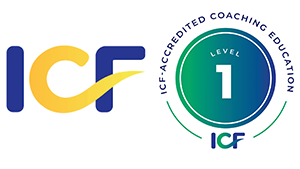2019 started off like any new year—with a steadfast commitment to resolutions. As a coach, you play an important role in helping your clients hold themselves accountable for their new goals. Did you do the same for your own goals to increase your profile with media engagement?
Reflection is a necessary quality for anyone who wishes to embark on a successful coaching partnership. To close out the year—and the last month of this decade (!)—we are reflecting on the top insights and strategy from this year as a way to enhance the media relations and marketing aspects of your coaching business.
Here’s a look back at our top takeaway tips for coaches, from leveraging social media to preparing for a media interview.
Amp Up Your Social Media Engagement
Twitter is a great platform for new audiences to discover your coaching insight, especially if you link it with trending topics or relevant hashtags. Some of those new connections you build through consistent and relevant posting can also include influential journalists that write about topics aligned with your expertise. Instead of coming across as promotional or spammy, show off your skills by retweeting a reporter’s recent article and offering some additional insight on the topic.
Drive Media Connections with Strategy
Social media is just one way to catch the attention of relevant journalists. Sending a “fan mail” note about an intriguing article before you eventually sell yourself as an expert can pay long-term dividends, and even build relationships with reporters who turn to you for future stories.
You can also learn how to leverage trending news to tie back to a creative coaching angle. Make sure to have topics and client testimonials at the ready—and preferably a unique viewpoint—as follow-up commentary.
Be Ready for Your Interview
What do you do after you pique a journalist’s interest? Effective interview preparation starts with researching the reporter and outlet, creating concise and jargon-free talking points, and using active listening to engage with follow-up questions. Don’t forget to send a thank you letter to the reporter as a token of appreciation.
These same strategies also apply to preparing for a podcast interview, although this format has some slight nuances that you’ll want to review.
Go Beyond the Interview
Articles and interviews aren’t the only ways to augment your media relations repertoire. Writing bylines for media outlets read by your target audience can give you control over how you deliver your expertise. When presenting yourself as a thought leader, make sure to include your ICF Credential and other relevant background information. Being authentic and offering relevant case studies are also beneficial for bringing to life the impact coaching can have, both personally and professionally.
Professional coaches, like any business owner, wear many hats. When it comes to marketing, honing your public relations skills is a cost-effective way to attract new clients through insightful thought leadership in the media. As you look ahead to 2020, take time to reflect on your media relations accomplishments and set concrete, measurable goals for how you want to build upon those achievements.
Author Adam Yosim has a background in broadcast journalism, and he spent seven years as a local TV news reporter in North Carolina, Kentucky and Baltimore, Maryland. He is a senior account executive at Stanton Communications, ICF’s public relations agency of record.









